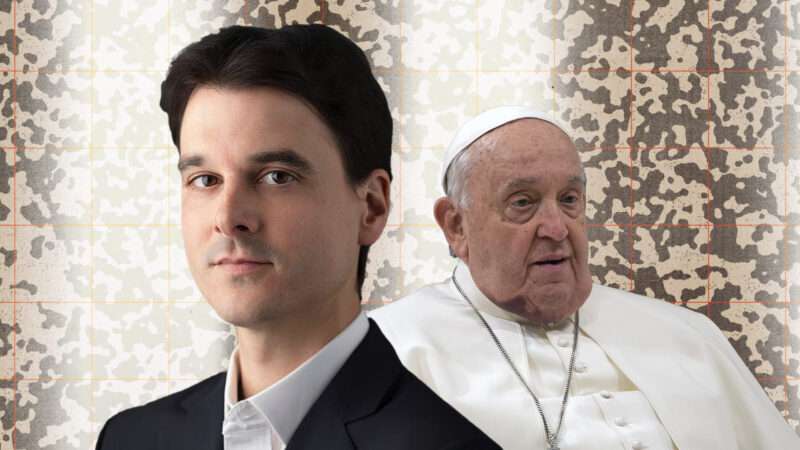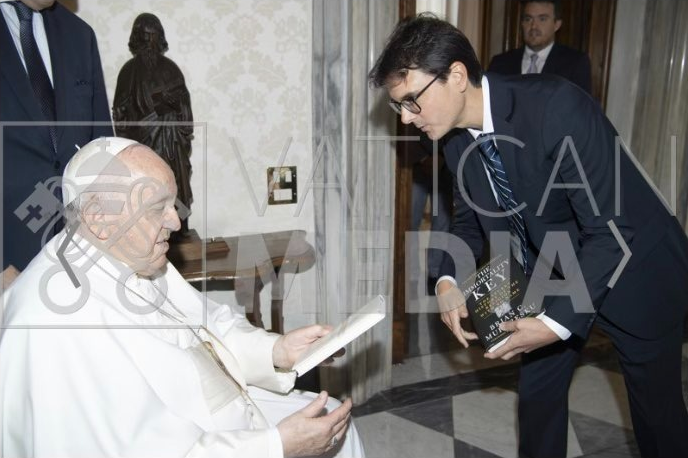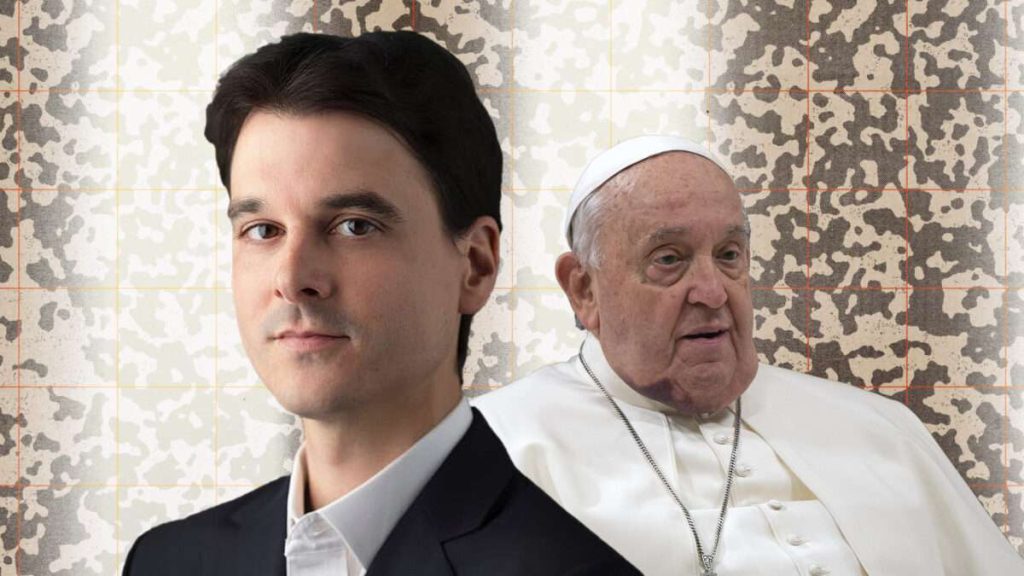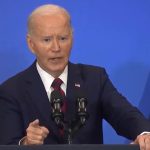
The pope met an emissary from the psychedelic world at a “holy meeting” at the Vatican, where a Jesuit lawyer named Brian Muraresku presented Pope Francis with a manifesto for a psychedelic “New Reformation.”
Popes and reformations do not historically get along, but Francis accepted a copy of Muraresku’s 2020 book The Immortality Key at the meeting, which took place in late 2021 or early 2022. The book argues that psychedelics might rescue a “dying faith” and save Western civilization.

Though the science journalist Michael Pollan has called it “groundbreaking,” The Immortality Key is largely a rehash of others’ work shaped into a dubious Da Vinci Code–style thriller. Trade publishers would otherwise have little interest in a 400-page goose chase for what intoxicants the oracles and prophets might have been smoking or sipping, and so the book begins with a message for today. Western civilization, Muraresku argues, is in the grip of a cataclysmic “spiritual crisis” that can be remedied only through a “popular outbreak of mysticism,” the result of retrieving what he says are the Eucharist’s ancient, and until now secret, pharmacological roots.
And what are those roots? Muraresku is convinced that Christianity evolved from pagan mystery cults whose most sacred ritual involved the ingestion of a psychedelic fungus—and that this sacrament, the kykeon, eventually became the Holy Eucharist.
A protégé of Graham Hancock (an Economist reporter turned conspiracy theorist who has made a fortune writing speculative bestsellers about purported lost civilizations), Muraresku has written that “about seventy-five percent would leave the FDA-approved house church permanently transformed. And ready to begin a lifelong spiritual journey that could, once again, make life livable on this planet. This should begin happening by 2030, if not sooner.”
Unsurprisingly, The Immortality Key has been surrounded by controversy. Critics have already assailed it as a work of scholarship. Many people depicted in the book have started speaking out against it too; I explore their criticisms in a story to be published in the issue of Reason that will hit newsstands in January. (Subscribe now to read it when it comes out.)
Muraresku became part of the inner circle of psychedelic researchers at Johns Hopkins University after penning a book arguing their research into mystical experience was the key to unlocking Christianity’s “secret history.” Muraresku also suggests the New Testament—”outdated and impenetrable,” in his words—might in the future be replaced by the “sacred technology” of psychedelics.
This group—also to be covered in greater depth in that issue of Reason—has attracted a lot of recent criticism as well, including a bombshell exposé in The New York Times. One common critique accuses the late psychopharmacologist Roland Griffiths of infusing his research with his own spiritual beliefs, including the idea that there is one truth and one universal core to all religions. That notion is at the heart of Perennialism, a school of mysticism with a long history.
While it’s not clear whether Pope Francis has actually read Muraresku’s book, the Vatican did recently host a psychedelic conference. And in September, for what it’s worth, a controversy broke out when Francis expressed an idea akin to Perennialism: “Every religion,” he said, “is a way to arrive at God.”
The post The Day the Pope Met a Psychedelic Evangelist appeared first on Reason.com.







